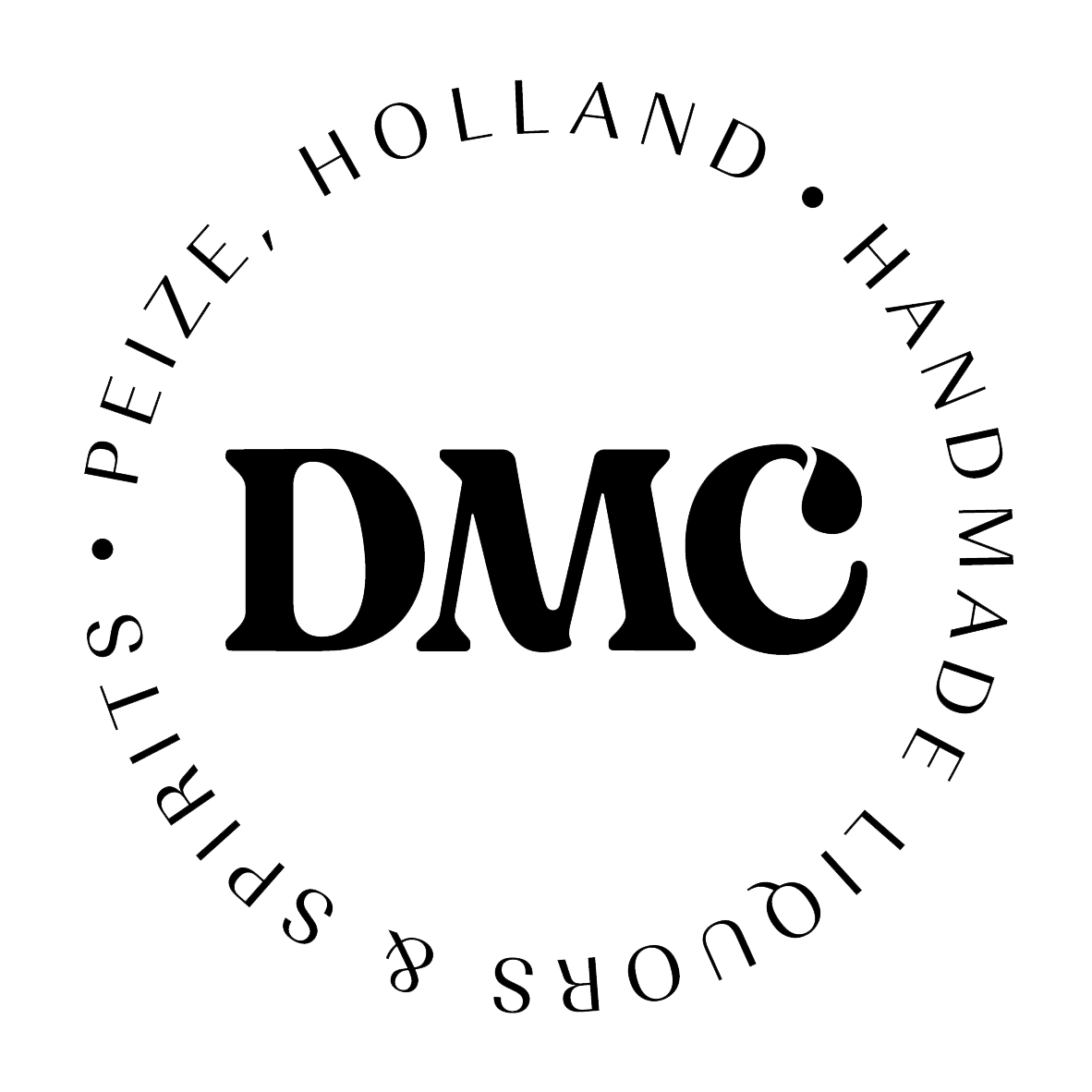Rehab aftercare programs offer customized, wraparound support for clients in the maintenance phase of recovery. Many clients enroll in drug rehab immediately after completing intensive inpatient or residential care. Services encompass outpatient treatment but often extend long beyond the completion of a formal recovery program and typically include a variety of medical, mental health, and social service programs. Peer coaching, relapse prevention, 12 step program induction, and related services are commonly available. Sober Living Houses (SLHs), aka sober homes or halfway houses, are safe, substance-free, supportive living facilities for those recovering from substance abuse.
During cognitive behavioral therapy in Massachusetts, clients work with a trained counselor to identify negative thinking patterns and change them. This change in thinking has been shown to lead to changes in behavior to treat substance use and mental health disorders effectively. Substance rehabs focus on helping individuals recover from substance abuse, including alcohol and drug addiction (both illegal and prescription drugs).
Opioid Addiction
By addressing these patterns, family members learn healthier ways to interact with each other and contribute to a more effective recovery journey for the family member who is addicted. Group therapy is any therapeutic work that happens in a group (not one-on-one). There are a number of different group therapy modalities, including support groups, experiential therapy, psycho-education, and more. Group therapy involves treatment as well as processing interaction between group members. We place a strong emphasis on welcoming residents with disabilities, though our residents form a true mosaic of life, from all cultures and walks of life. We are a family; one that exists to help residents realize for themselves the potential within themselves and their lives after addiction.
Outpatient Programs (OP) are for those seeking mental rehab or drug rehab, but who also stay at home every night. The main difference between outpatient treatment (OP) and intensive outpatient treatment (IOP) lies in the amount of hours the patient spends at the facility. Most of the time an outpatient program is designed for someone who has completed an inpatient stay and is looking to continue their growth in recovery. Outpatient is not meant to be the starting point, it is commonly referred to as aftercare. Many of those suffering from addiction also suffer from mental or emotional illnesses like schizophrenia, bipolar disorder, depression, or anxiety disorders.
Write a review for New Life House
The facility provides housing, meals, and round-the-clock supervision, allowing clients to focus exclusively on their recovery. Inpatient treatment typically involves intensive addiction counseling based on CBT, DBT, RBT, motivational interviewing, or other psychotherapeutic approaches. Many inpatient treatment centers also offer life skills training and/or complementary therapies, including meditation, mindfulness, and nutrition counseling.
Treatment
After that, Joe went to work as Program Director of Sullivan House, a 24-bed recovery home for men which is part of Middlesex Human Service Agency. During this time, New Life House transitioned from its longtime home in the South End to a new facility in lower Roxbury. Since 2011, he has also held a position as an instructor in the Alcohol Counselor Education Program at UMass Boston. Hailing from Richmond, Virginia, Dr. Tobias Keene brings a bit of unabashed Southern hospitality to all his patients.
Treatment empowers individuals to manage these issues without the use of drugs. Those with poor social support, poor motivation, or psychiatric disorders tend to relapse within a few years of treatment. For these people, success is measured by longer periods of abstinence, reduced use of alcohol, better health, and improved social functioning. Recovery and Maintenance are usually based on 12 step programs and AA meetings. Therapists in Massachusetts offer individual therapy in a confidential setting to help you explore the complex factors that have contributed to your drug addiction. Using a tailored approach, your therapist supports you and utilizes evidence based treatment modalities to help you develop healthier thought patterns and behaviors.
- There are a number of different group therapy modalities, including support groups, experiential therapy, psycho-education, and more.
- During family therapy, the therapist works with every member of the family unit to understand the role they play in their loved one’s addiction.
- After that, Joe went to work as Program Director of Sullivan House, a 24-bed recovery home for men which is part of Middlesex Human Service Agency.
- Mary-Kate comes to the New Life House with a wealth of management as well as life experience.
- Rehab aftercare programs offer customized, wraparound support for clients in the maintenance phase of recovery.
When they are willing to move beyond what they’ve known to a life in which they can act with confidence, live with assurance, dream of the road that lies ahead. Reviews comments must comply with our Review Policy Content Standards. Please do not use names (job titles / positions are acceptable) of any individual or identifying features, abusive remarks, or allegations of negligence or criminal activity.
Cognitive Behavioral Therapy
He is also treasurer for the Massachusetts Organization for Addiction Recovery. Mary-Kate believes in a holistic approach towards helping clients achieve long-term sobriety, and is thrilled to continue on her path in working in recovery with the Granada team. Ky has a passion for helping others through an objective and direct approach. They believe having a stable living environment is vital to early sobriety. Ky helps create a welcoming environment here at New Life House through their intake process and making sure each resident feels seen and welcomed. During family therapy, the therapist works with every member of the family unit to understand the role they play in their loved one’s addiction.
Ideal for those who’ve just been through inpatient or outpatient treatment, SLHs are supervised environments with rules that support sobriety, such as curfews, shared chores, and therapeutic meetings. Residents are also often trained on life skills and coping skills to make it easier to transition into society. SLHs also provide a strong sense of community that can lead to the kind of deep and lasting connections with other sober individuals that supports a new, healthy lifestyle. Inpatient rehab offers robust, hands-on care New Life House Review in a highly structured and supportive environment.



